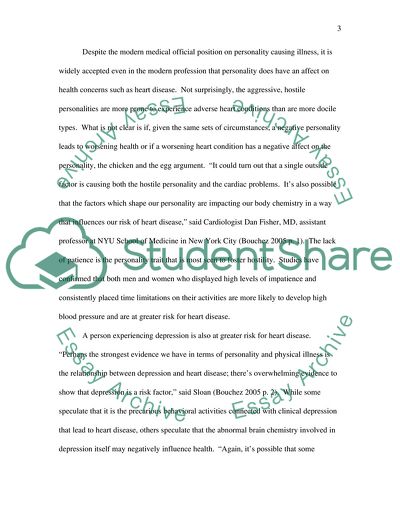Cite this document
(How Personality Affects Health Case Study Example | Topics and Well Written Essays - 2000 words - 1, n.d.)
How Personality Affects Health Case Study Example | Topics and Well Written Essays - 2000 words - 1. Retrieved from https://studentshare.org/social-science/1703578-health-psychology
How Personality Affects Health Case Study Example | Topics and Well Written Essays - 2000 words - 1. Retrieved from https://studentshare.org/social-science/1703578-health-psychology
(How Personality Affects Health Case Study Example | Topics and Well Written Essays - 2000 Words - 1)
How Personality Affects Health Case Study Example | Topics and Well Written Essays - 2000 Words - 1. https://studentshare.org/social-science/1703578-health-psychology.
How Personality Affects Health Case Study Example | Topics and Well Written Essays - 2000 Words - 1. https://studentshare.org/social-science/1703578-health-psychology.
“How Personality Affects Health Case Study Example | Topics and Well Written Essays - 2000 Words - 1”. https://studentshare.org/social-science/1703578-health-psychology.


